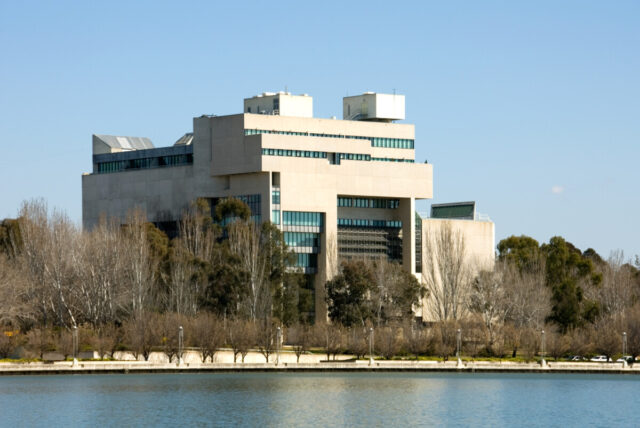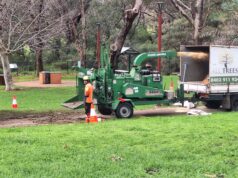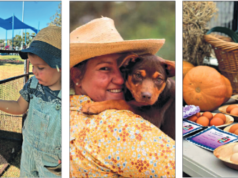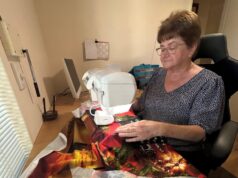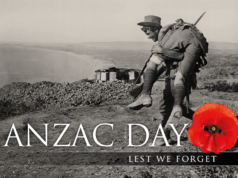High-risk former migration detainees have been released into Thornlie after the High Court ruled they were being illegally detained.
New details have emerged about the nature of crimes committed by some of the 93 people released, in documents published by the High Court on Tuesday.
They include a man who was convicted of sexual assault against a 12-year-old girl, a man convicted of rape who is also on a United States sex offenders registry, a man convicted of assault for punching his eight-month-old daughter, and a number of individuals convicted of drug smuggling.
Another person is of interest to the nation’s domestic spy agency ASIO and had been in immigration detention for 13 years – the longest of the cohort affected by the High Court judgement – despite having no convictions in Australia.
The documents do not provide details for why all 93 members of the group were in immigration detention, after having their visas cancelled, but provides a summary of those with “more serious offences and their length of time in immigration detention”.
Seven of the 32 detainees released from Yongah Hill immigration detention centre into the West Australian community this week are known sex offenders.
The cohort was abruptly released from detention on Sunday and Monday after a High Court ruling found indefinite detention of non-citizens who can’t be deported back to their country was illegal.
This led to 27 detainees being released on Sunday from Yongah Hill, the State’s largest immigration detention centre, and a further five on Monday.
Several were dropped off at a motel in Thornlie in Perth’s south-east as authorities worked out how to deal with the situation.
The High Court ruling has caused the release of detainees around the country, prompting significant criticism of the Albanese government for not being more prepared for the decision.
The gravity of the situation then led to a mad scramble in the parliament as the Government sought to cobble together a Bill to deal with the situation.


